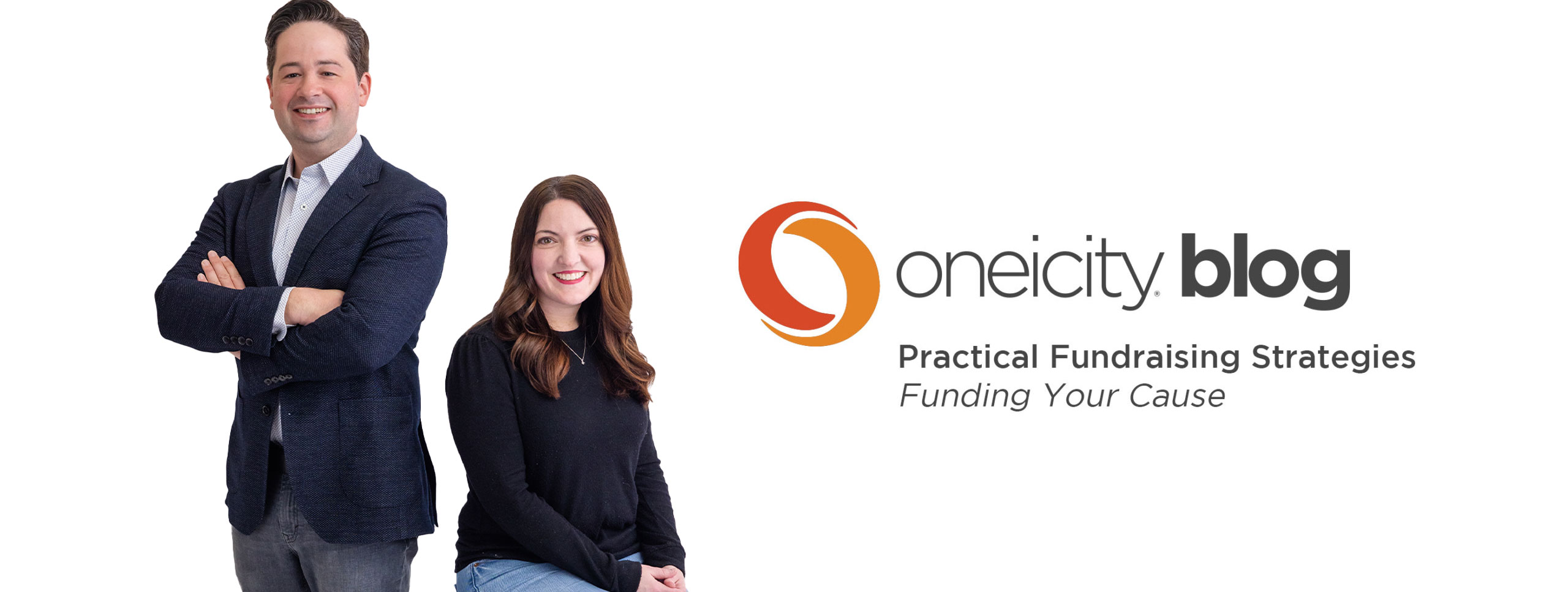No, this isn’t inside scoop from Lois Lane.
It’s about nonprofit storytelling.
Most fundraisers and nonprofit professionals know that one of the best ways to show donors their impact is by sharing someone’s story. Storytelling is one of the most powerful ways to connect with donors. It makes the cause personal instead of just a number.
But finding that good story is the single hardest part of fundraising.
It’s incredibly challenging to craft a strong story when you don’t have enough information or details. (We often joke about the time one of our copywriters was given a sticky note for resource. Yep. A sticky note.)
So… how do you get good resource?
Most often, the resource comes from an interview, either directly with the person whose story you’re telling or through a secondary source. Either one can be challenging to get the information you need to craft a compelling story.
So, here are some tips to help you get the information you need.
Know your questions ahead of time.
Be prepared with your questions. If you know that this story will be used for a particular appeal or campaign, even better. Think about what type of information would be helpful for that piece, then create questions to help you gather that information.
If you don’t know where the story might be told, then make sure your questions cover a variety of topics.
For example, let’s say your nonprofit is Save the Sloths and you’re going to talk with one of the caregivers who helps take care of them. You know that the interview will be used to talk with donors about food for the sloths, so you focus on asking about the sloths’ diet: what they like to eat, how much they eat, etc.
“Great, that makes sense. But what if I don’t know what appeal the interview will be used for?”
Then you’d ask questions about the sloths’ diets, but also about a lot of other things. Where do they sleep? What they need each day? How do they get help?
You’d want to gather as much information as you could. . . you’ll figure out what to do with that information later.
One thing you don’t want to do though is be caught unprepared.
Know what you’re going to ask so you can focus on the interview and not have to scramble and come up with questions last minute.
Ask the Right Questions
When planning your questions, remember: don’t ask yes or no questions.
If you ask questions that can be answered in a single word… then you’ll get single word answers. Not very helpful for telling a story.
Ask open-ended questions. “What was it like to…?”
Ask follow up questions. “You said XXXX, can you tell me more about that?”
You aren’t trying to lead them to certain answers, but encouraging them to open up and share their story.
Give Context
If they don’t know you, then they are probably wondering who you are and why you want to talk to them.
Introduce yourself and explain why you’re asking them to share. Let them know how their story may be used and why it’s helpful.
People will feel more comfortable opening up if they know why you’re asking them these questions. And feeling comfortable will make it more likely that they share enough information to tell their story to donors in a compelling way.
Be a Good Person
The most important thing we recommend though, is be a good person.
Remember, you may be asking them to reveal personal details they might not usually share. Or maybe you’re asking them about a difficult time in their life that they don’t like talking about.
Be kind and empathetic.
Channel your inner Ted Lasso and “Be curious, not judgmental.” (Yes, we know he was quoting Walt Whitman.)
And don’t forget to thank them for talking with you when you’re finished.
But what if?
But what if the person still doesn’t give you enough information for a story?
Sometimes people just don’t open up. Even with asking open-ended questions, they are reticent and you don’t get the information you were hoping for.
Unfortunately, it happens.
But taking these precautions will increase the probability of a good interview. These are just a few of the things you can do to help, but if you’d like to talk more or have questions, email us at: howdy@oneicity.com
Photo by Aaron Burden on Unsplash

